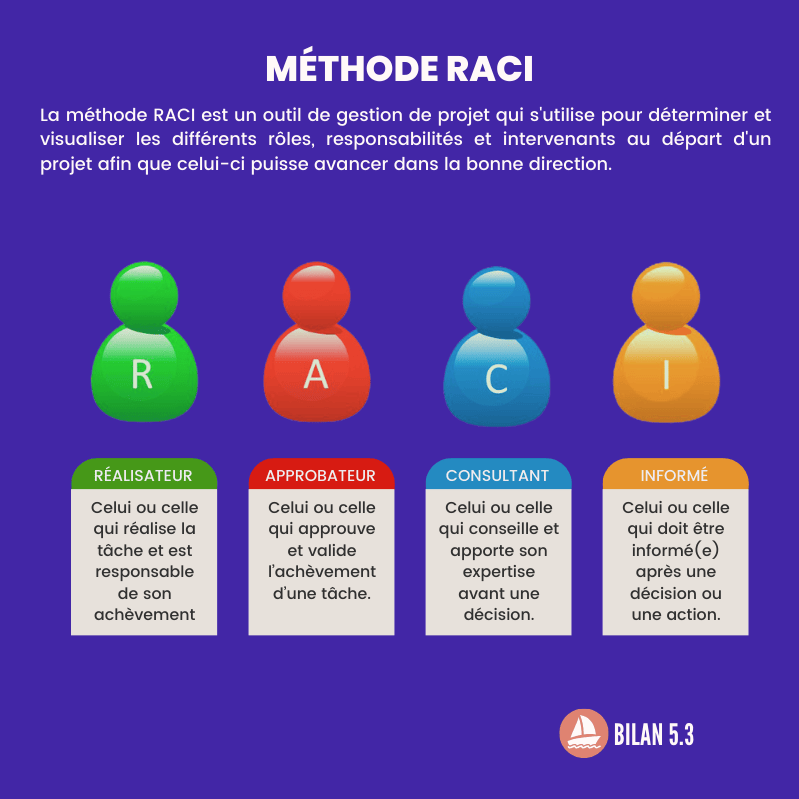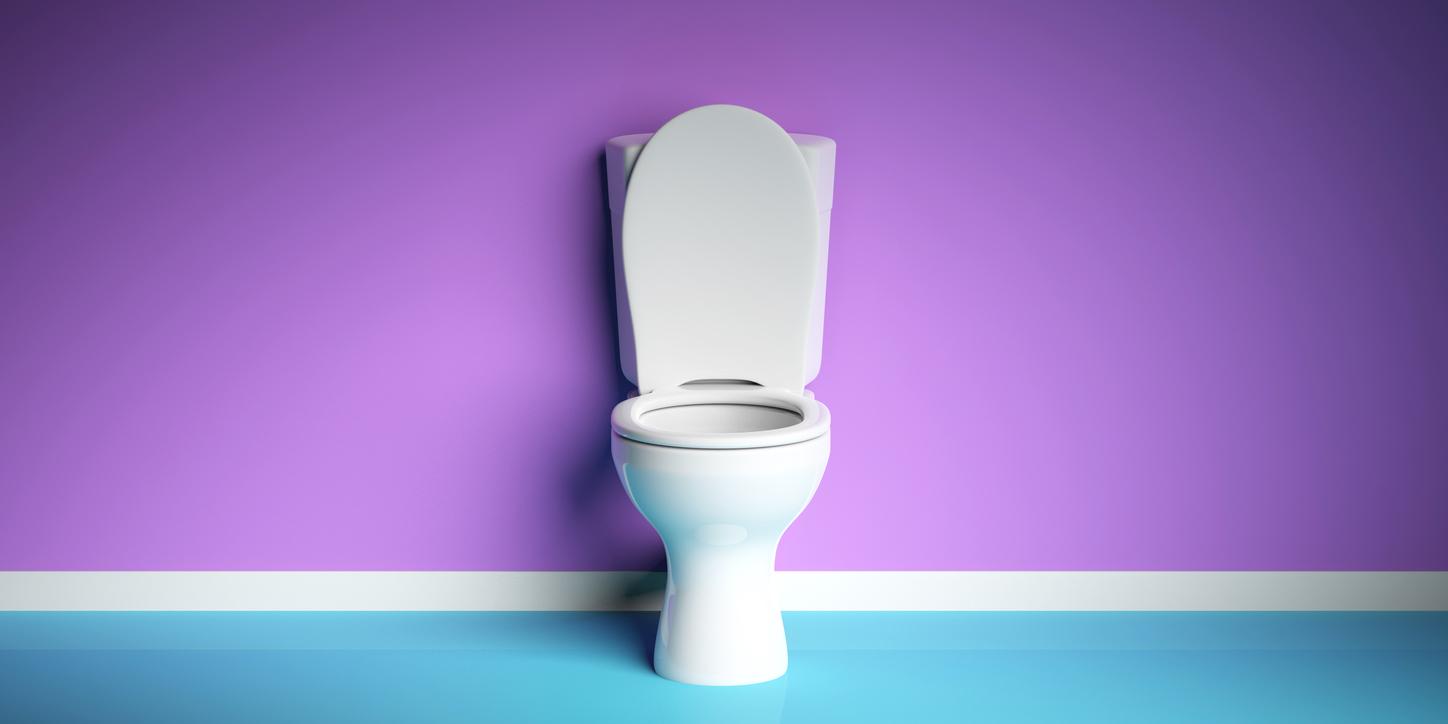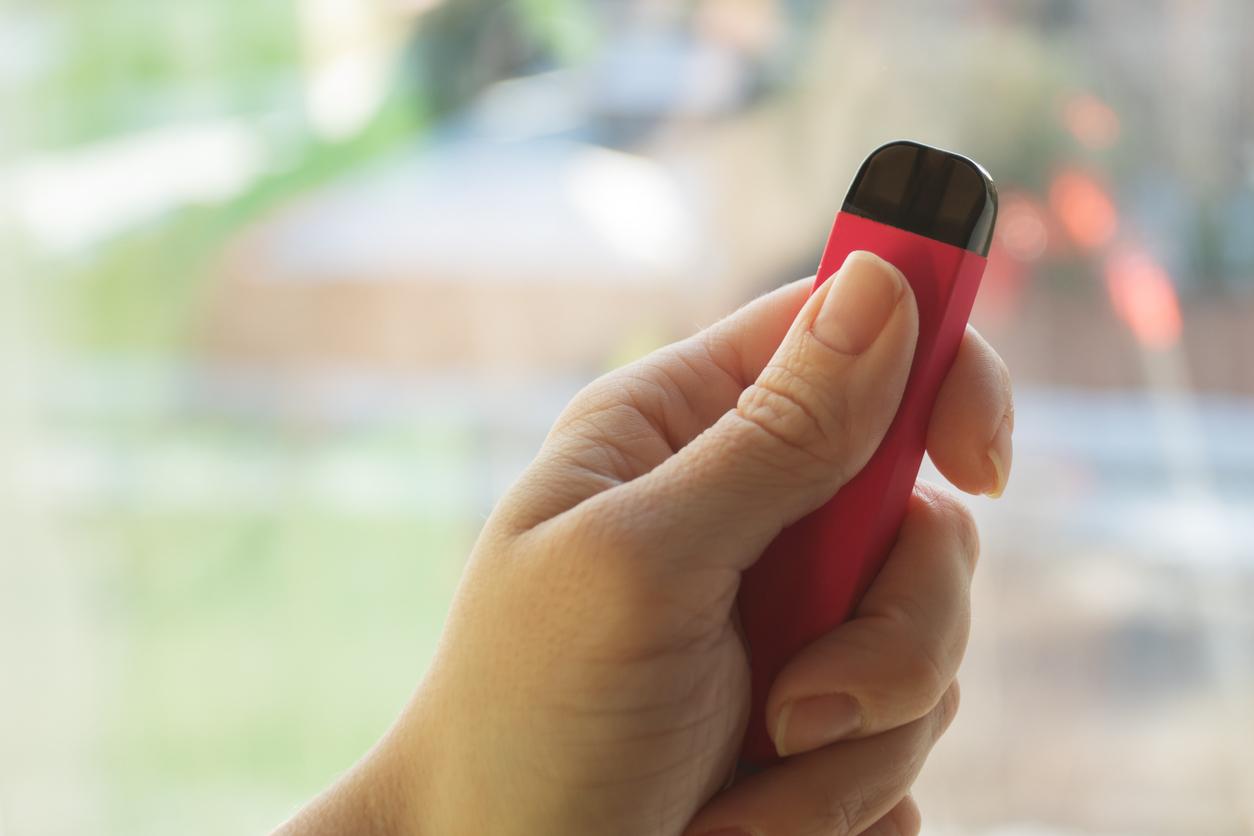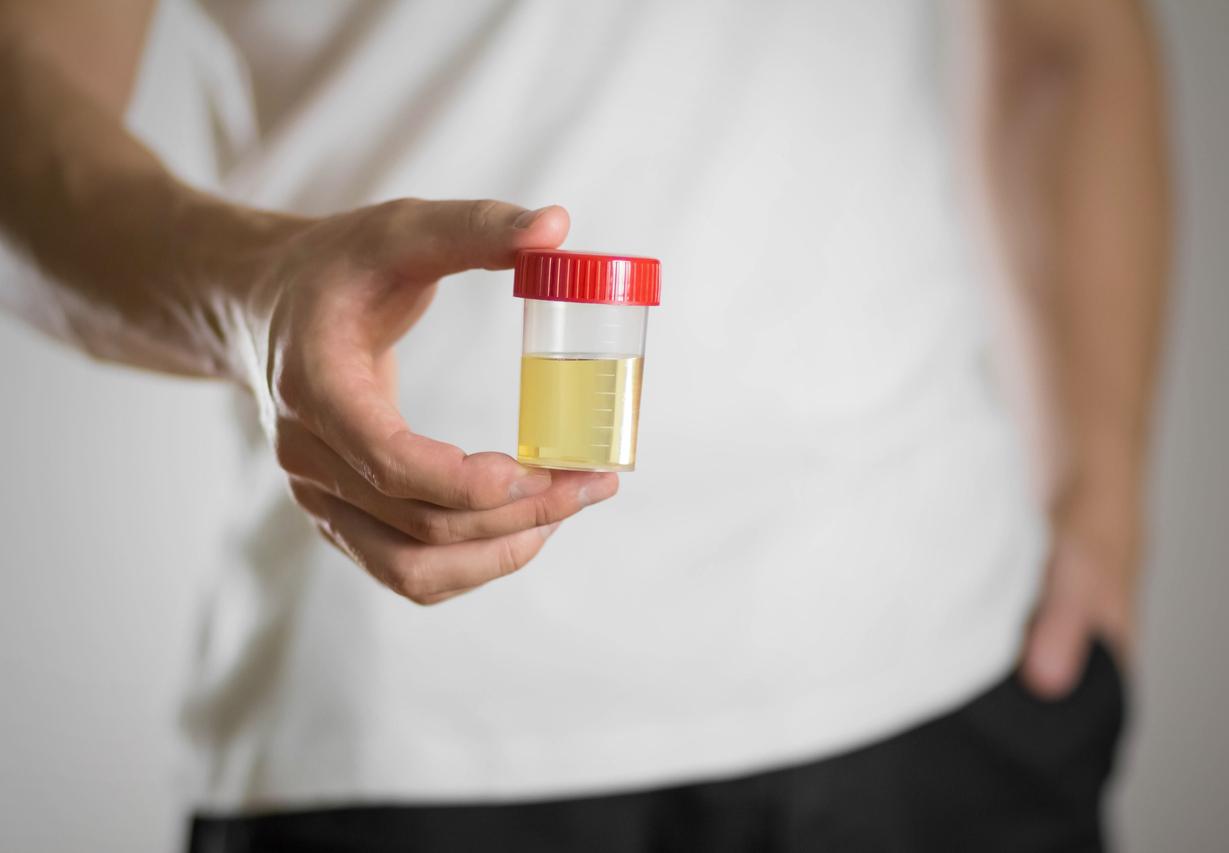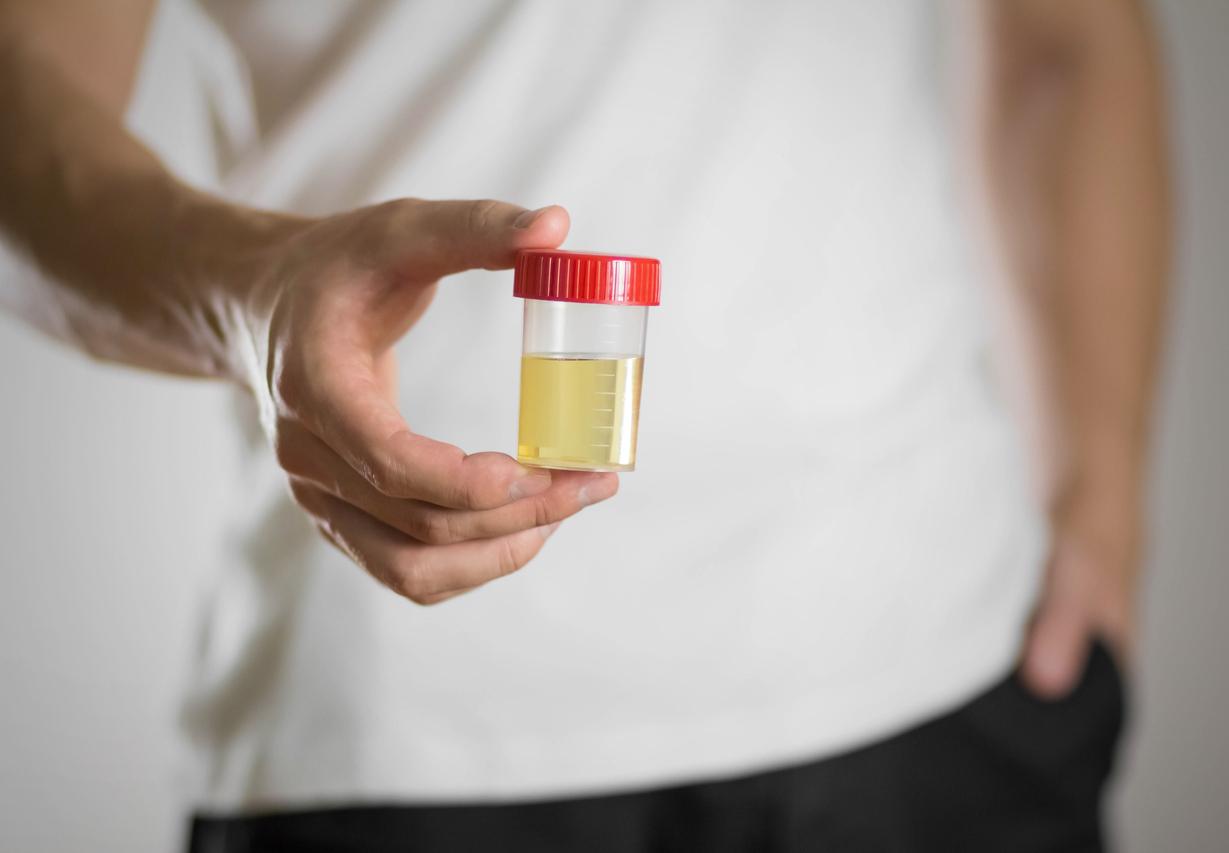Japanese researchers shed light on the link between excess salt in the diet, high blood pressure (HTA) and the desire to urinate at night.

- In France, one in three adults is affected by hypertension.
- Hypertension is one of the leading causes of premature death worldwide.
Having to get up at night to go to the toilet: it’s annoying, but it can become worrying. Japanese researchers have found a link between high blood pressure, salt intake and the need to urinate at night. Their findings, presented at the 83rd Annual Scientific Congress of the Japanese Circulation Societyhad been published on the website of theEuropean Society of Cardiology.
Nocturia refers to the need to urinate several times during the night. People who suffer from it can stand up to six times to relieve themselves. Certain diseases or health conditions may be the cause: pregnant women or the elderly, for example, may be affected.
The link between salt, nocturia and hypertension
A 2017 Japanese study showed that eating too much salt increased the frequency of nighttime urination. The findings of Japanese scientists offer a new perspective. “Our research indicates that if you need to urinate at night, you may have high blood pressure and/or excess fluid in the body,” explained Dr. Satoshi Konno, one of the main authors of the study.
To reach this conclusion, the Japanese researchers analyzed data from 3,749 people. By studying their health data, they discovered that nocturia was associated with a 40% greater risk of having high blood pressure, and that the more you wake up at night to urinate, the greater the risk of high blood pressure. According to Dr. Konno, there is no causal relationship, but the origin of nocturia must be sought because it can be a symptom of high blood pressure or another pathology.
High salt intake in Japan
Environmental and social aspects must also be considered: the Japanese population could be more susceptible to these diseases than the European or American population. In the Land of the Rising Sun, salt consumption is 2.5 times higher than the world average. Consequently, the Japanese are more at risk, salt increasing the risk of nocturia and hypertension.
As a reminder, arterial hypertension is the most common chronic disease in France. Over time, it can damage arteries and lead to strokes, kidney failure, even a myocardial infarction.





